In late July 2019, Environmental Law Institute attorneys completed an assessment of Mexico’s legal framework regulating small-scale fisheries management. Sustainability in small-scale fisheries is important for food security, biodiversity conservation, gender engagement and equity, and local and national economic growth. The report underscores the need to ensure participation of fishing communities in fisheries management and enforcement to achieve these objectives. ELI plans to expand the legal research by incorporating information on state and local-level regulations and ongoing and/or proposed policy reforms in Quintana Roo and Yucatan.
Related Posts

As we approach the third year of the pandemic, the Tinker Foundation announces funding to 12 organizations working to ensure equitable access to education.

Produced through a collaboration between dozens of organizations in the region, The Civil Society Plan of Action outlines key priorities for those advocating for migrant and refugee rights in the Americas.

Dr. Francisco Zamora Arroyo, Director Senior de Programas, cuenta como la organización binacional Sonoran Institute ha respondido a los desafíos de la pandemia y fortalecido la capacidad de resiliencia de su equipo.

Most foundations in the United States do not accept unsolicited funding requests. Why does Tinker?

This project led by Espacio Público encompassed a study of major corruption cases in four countries –
Argentina, Brazil, Chile, and Guatemala – to identify factors that enable effective administration of justice, as well as recommendations for each country and the region.
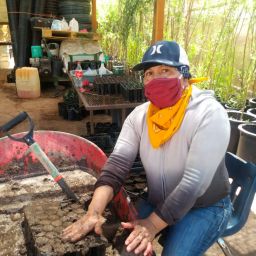
We asked three Tinker grantees – Organization for Youth Empowerment (OYE), the Sonoran
Institute in Mexico, and Women’s Justice Initiative – how they have responded to the pandemic.
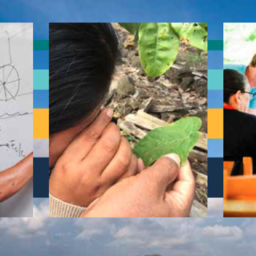
This document provides information on the origins, activities, philosophical underpinnings, and initial progress of the Education for Sustainability in Galapagos Program (ESG).
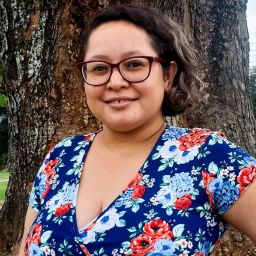
Hablamos con Dunia Perdomo, Coordinadora General de Proyectos en OYE, sobre su respuesta institucional frente a la pandemia y dos huracanes devastadoras en el 2020.

This post was first published in Philanthropy News Digest in July. (Photo by Kelli Tungay on Unsplash)
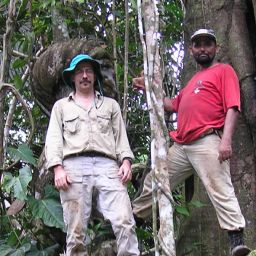
The director of the New York Botanical Garden’s Institute of Systematic Botany recounts the challenge of protecting critical Amazon forests amid a pandemic and an alarming spike in deforestation.
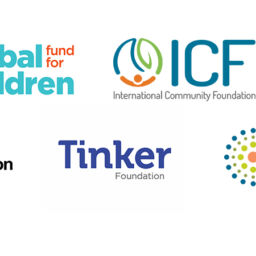
Tinker is pleased to announce its participation in RECARGA, a funder coalition to support public education systems in Central America as they rebound from the COVID-19 pandemic.
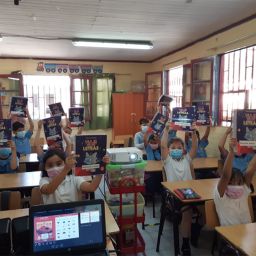
Loreto Iglesias tells us how the Fundación Educacional Crecer con Todos drew on their many years of experience to address school closings in Chile.
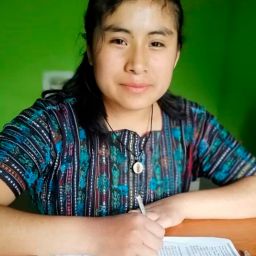
The Foundation will launch a special initiative on educational access and equity during COVID-19, as well as temporary changes to other institutional grantmaking.
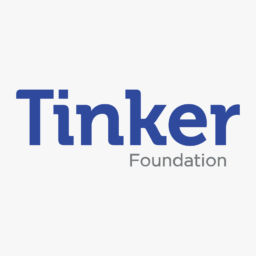
The Foundation welcomes Dr. O’Neil as its fourth Chairperson and thanks Alan Stoga for his years of service.
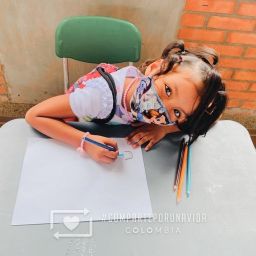
The Foundation will fund 11 organizations working to ensure educational equity during the pandemic.